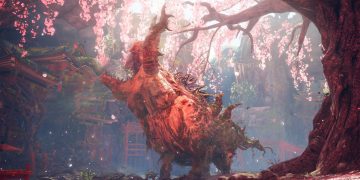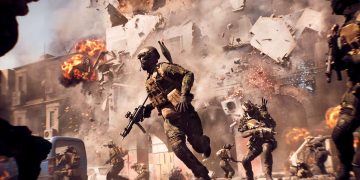Apex Legends is kind of a different beast in the hero shooter world, and I’m not just talking about how it looks or plays. There’s this whole thing with roles that makes it super unique. You’d think it’d copy the typical Tank, DPS, and Support setup like Overwatch does, right? Nope. Even though when it first hit the scene, it was all about offensive, defensive, recon, and support characters — kind of like teasing at that old formula.
But nah. Instead of shoving characters into these broad roles, Apex decided to break the mold with categories like Assault, Skirmisher, Recon, Controller, and Support. Each one does its own funky tactical thing and shakes up how you think about playing solo and in a team. It’s this clever nuance that’s pretty much missing in other games, except maybe Valorant tries to carry some of it.
Anyway — wait, no — here’s the kicker. Apex doesn’t just dump characters into a “Do damage” or “Heal your pals” box. Look at Assault Legends; they’re all about the pressure on the front lines. Skirmishers, though, they’re like parkour experts, always ready for a sneaky attack. Recon guys are the GPS of the team, and Supports aren’t just there to patch you up; they do cool stuff like messing with loot or bringing back teammates. This adds a layer you don’t see in other games that cling to those old role clichés.
Each character in Apex feels one-of-a-kind, and that’s kind of rare. In a lot of hero-based games, DPS characters are just blasting things with some minor twists, and Supports? Mostly healers with some shiny extras. But Apex? It’s got Recon and Skirmisher roles that make map control a game of cat and mouse. Guys like Bloodhound and Crypto are all about spy work, while Horizon and Valkyrie are the queens of the high ground — changing how fights go down drastically.
Valorant tries to step away from the usual formula too, just not as slick as Apex. Valorant has its Initiators, Duelists, Controllers, and Sentinels, but they kind of mash into each other a bit. Apex, though, makes these roles with real differences — it impacts how you play, not just fancy names. Supports aren’t busy with badges and bandages, they’ve got important jobs with respawns and loot management too.
And — oh, what was I saying? Right. Apex’s edge is all about this strategic depth. It’s not just about countering with the right class like rock-paper-scissors but about seizing opportunities on the fly. A Skirmisher isn’t just quick with a gun; they’re outmaneuvering opponents for tactical spots. Recon isn’t just saying “Hey, enemies here!” They dictate battles on their terms. Controllers like Caustic and Wattson? They make you think twice about hanging around in certain zones, especially as the map shrinks.
This whole setup makes Apex more about brains over brawn. It’s all about reading the play, knowing your Legend, and making those split-second decisions, even in the heat of a battle royale. So unlike other shooters sticking with rigid game plans, Apex gets that sweet spot between speed, strategy, and sheer fun.














































